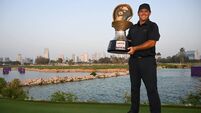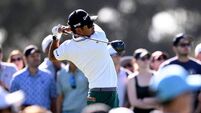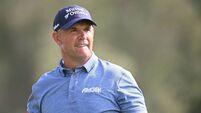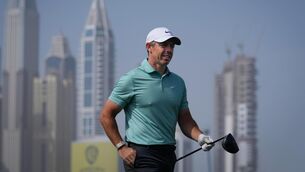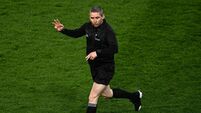Oakmont an open wound for Phil Mickelson
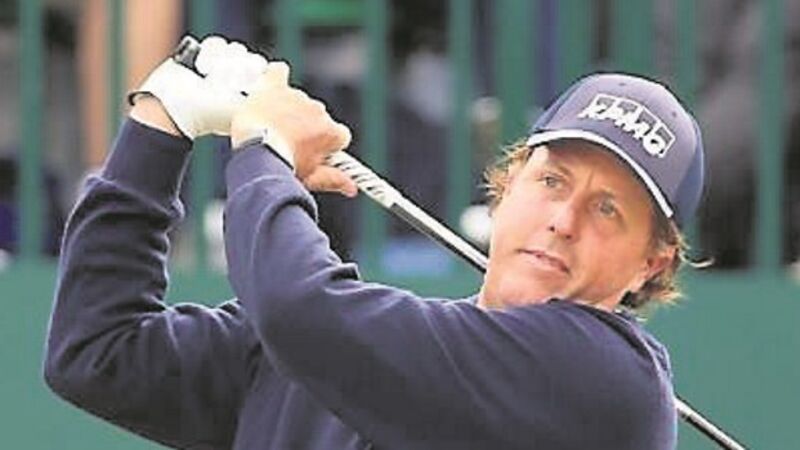
Then again, what’s left for either man to say about this major championship? It has left each of them heartbroken, deflated, bitter, and deserving of more.
At least “deserving” in their minds, and probably in the minds of some fans, though truth be told the game owes nothing to any competitor, professional or amateur. If trophies were handed merely for being the best players, then surely Sam Snead would have won a few US Opens, rather than none, and Colin Montgomerie’s resumé would not be devoid of even one Claret Jug.




